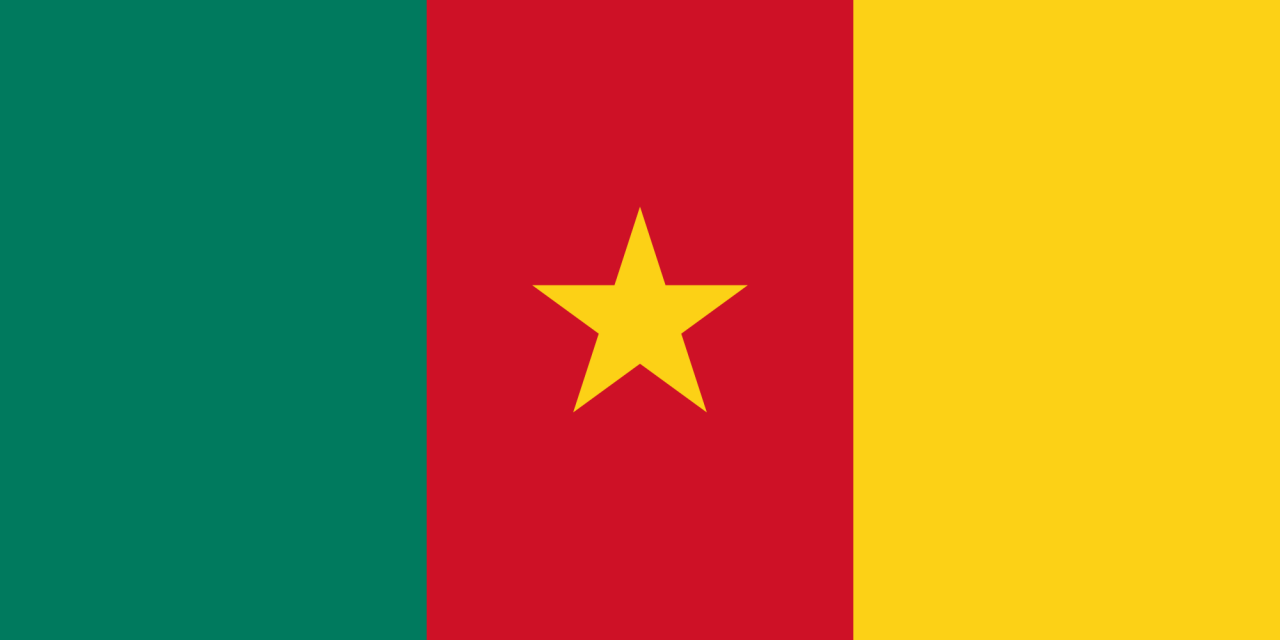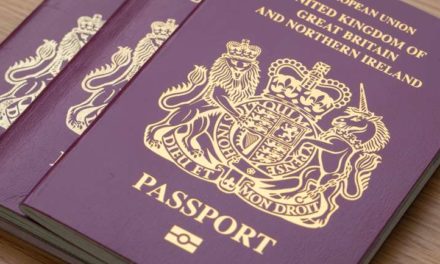Where Does the Franco-Anglophone Divide Come From? The divide began during the colonial era when Cameroon was a colony under Germany. This all changed after Germany’s defeat in World War I, when Britain and France attacked Cameroon and the territory was divided between both parties. The problem here was that, while Britain took the North, France took a much larger portion of the African country, around 80%, leading to the minority anglophone population. Both colonisers heavily influenced the regions they were responsible for, particularly in terms of language and culture. In 1972, twelve years after gaining independence from its conquerors, the French-speaking region passed a referendum to abrogate the post-colonial federal system, and opt for a United Republic of Cameroon instead. Those that were in the anglophone region were expected to assimilate to the French-speaking area. Over time, the Anglophone Cameroons were repeatedly marginalised by its francophone-dominated government, whether it was how the local administration was run or the large economic gap between the regions. While the separatists are fighting for separation, independence or authentic decentralisation, the government are adamant on their position to use military force against what they call ‘terrorists’. Either way, the conflict has been in a deadlock with each party refusing to speak to the other. As more people flee their homes and the humanitarian crisis deepens, the sensible solution would have to start with the government stepping forward and taking accountability for the abuses carried out by their security forces and protecting its citizens, no matter what region they originate from, while the separatists must be open to engaging in open dialogue and committed to using non-violent action. Author: Aisha Mohamed]]>
- This Artist is Making the Underwater Arena His Canvas - 28th April 2021
- A Video Game that Promotes Peace and Conflict Resolution - 15th March 2021
- Netflix’s ‘Living Undocumented’ is a Difficult Series to Watch, and Exactly Why We Should - 9th March 2021






